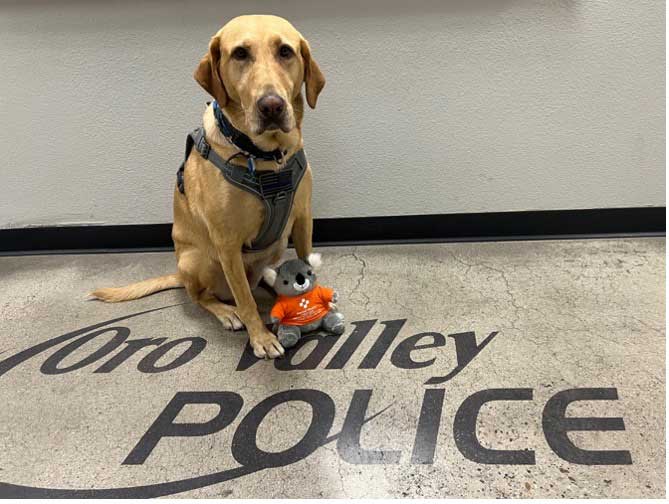With World Mental Health Day on Oct. 10, it’s more than fitting to ponder how compassion shows up in the world around us and what it looks like when it does. Where do we witness compassion on a regular basis?
I find the notion of compassion most compelling when doing everyday things: when I’m waiting in the checkout line in the grocery store, using public transportation or sitting in the park near my home. Those are the times I find myself wondering where it comes from, how it is learned, how we share it through our actions.
I’m sure I could easily find a few articles — and maybe a scholarly publication or two — but the more I think about compassion, the less it becomes about definitive answers. So when I notice these thoughts come through, I’ve given myself permission to explore what compassion means as shaped by my lived experience: my heartbreaks, my triumphs, my sufferings, my new beginnings.
This exercise has helped me remember how fortunate I am to have been on the receiving end of many instances of compassion throughout my life. These moments are infinitely special to me. Beyond feeling seen and cared for when I needed it most, they have taught me ways I can extend compassion to others. And in turn, every person who has trusted me to be there for them during a difficult time has changed my life — they’ve made me a better person.
We all deserve compassion, and we all have the power to extend it to others. This is one of the many reasons I cherish what we do in Mental Health First Aid.
Mental Health First Aid is a skills-based training that teaches someone how to recognize and respond to a person who appears to be experiencing the signs and symptoms of a mental health or substance use challenge. When we express care and concern through non-judgment and compassion, we’re able to choose our humanity over everything else and offer safe harbor to a friend, peer, neighbor or stranger experiencing a complex emotional moment.
In other words, Mental Health First Aid teaches people compassion and the powerful purpose it has in the world around us. We are teaching people so they might teach others. To know someone cares … it can change your life. Perhaps even save your life.
As I think about ways to honor World Mental Health Day, I think about the folks who may not know compassion in their everyday lives or have yet to experience affirming, non-judgmental care from a friend or a loved one. Access to compassion should never be in short supply and offering programs like Mental Health First Aid helps us ensure it is easy to find, easy to learn, and easy to give.
Every person trained in MHFA can be a conduit for compassion. What an incredible thing that is.
If you want to learn MHFA, sign up for training today and #BeTheDifference for yourself and those around you.



